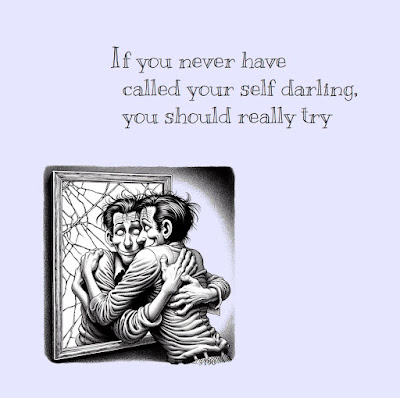The sun-kissed spear, for glory's bright acclaim,
Then civic steel, for empire's steady frame.
A holy sword, where pious purpose shone,
Then reason's torch, where seeds of knowledge sown.
The human heart, that learned to break and bend,
Where justice's voice, did rise and fiercely send.
Now fractured forms, in stories spun anew,
Where common souls, find strength to see us through.
From god-like might, to every weary stride,
The hero's shape, where shifting meanings hide.
Through ages passed, and moments yet to be,
The spirit's dance, where courage sets us free.















